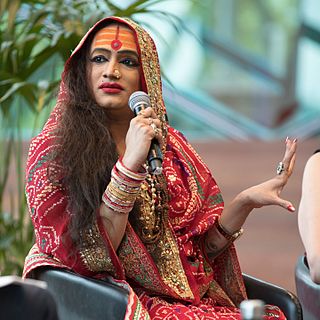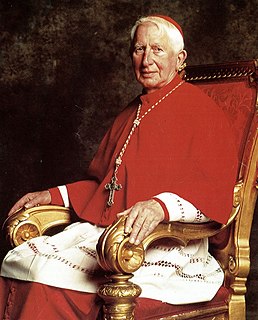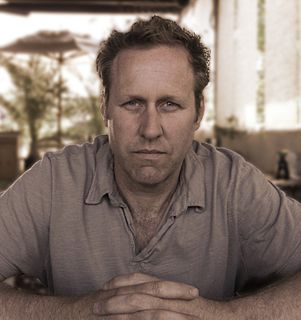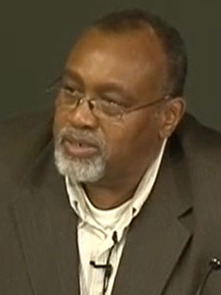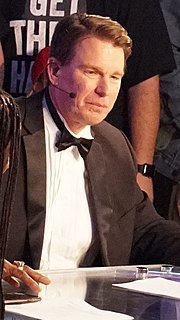A Quote by Victor Hugo
Monastic incarceration is castration.
Quote Topics
Related Quotes
According to the norms of the hijras community, it's not necessary that one be castrated. Castration is your choice. If you do it, testosterone doesn't build up, femininity comes, but I have always said that castration is not the right way. A person should go for complete sexual reassignment surgery, hormone therapy, psychological counseling.
The land of the free - we've got an army marching around the world under the banner of freedom, and yet, we are the most un-free society, in terms of institutions of the deprivation of liberty, of incarceration. The incidents of incarceration is higher in the United States than elsewhere in the world.
I think it would help if, when people are first ordained, they underwent a period of strict training, maybe for several years. During this time they would learn basic Buddhist philosophy in a monastic community where all the teaching and training was directed toward living a perfect monastic life and wasn't channeled out to fit into the lay life - which is what usually happens in Dharma centers where the teachings are directed toward how to live the Dharma in your everyday life.
I say a few good things about Canada in the book, you know. Americans are weird, though. We refuse to look at other countries. Start with Canadians - I want to think you aren't that different, so why can't we do our incarceration policies more like Canada? If we still had a 1970 level of incarceration which was the same as Canada's then and now, I never would have written this.
We have a serious problem with incarceration in this country. It's destroying families, it's destroying communities and we're the most incarcerated country in the world, and when you look deeper and look at the reasons we got to this place, we as a society made some choices politically and legislatively, culturally to deal with poverty, deal with mental illness in a certain way and that way usually involves using incarceration.

